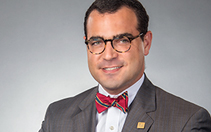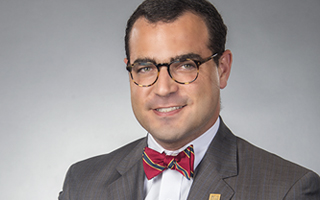Estate Tax Portability: Relief May be Available for Late Election


Attorney Forrest J. Bass
Forrest is Board Certified by The Florida Bar in Wills, Trusts and Estates and focuses his practice on estate planning, estate and trust administration, and related tax matters.
Portability
Under current federal estate tax law, a surviving spouse can make a portability election upon her or his spouse’s passing. Simply stated, portability allows a surviving spouse to claim the deceased spouse’s unused estate tax exemption and add it to the surviving spouse’s exemption. In 2016, the estate tax exemption is $5,450,000 reduced by the amount of certain lifetime gifts. Thus if a timely portability election is made, the surviving spouse may be able to have up to a $10,900,000 exemption that can be applied to lifetime gifts by the surviving spouse or be used at the surviving spouse’s passing. The election is made on a federal estate tax return. However, there are many technical rules associated with making a portability election and planning for the surviving spouse.
Due Date for Portability Election
The portability election must be made within nine (9) months of the first spouse’s passing, although the executor may file for an extension before the due date.
What happens if the election is not made on time?
If the election is not timely made, the surviving spouse loses the benefit of adding the deceased spouse’s exemption to the surviving spouse’s exemption. In 2016, the estate tax exemption is $5,450,000. Thus, in actual tax dollars, a missed portability election could cost the surviving spouse’s estate $2,180,000 based on today’s 40% tax rate.
Private Letter Ruling May Authorize Extension of Time to Make Election
If the portability election is not made on a timely filed estate tax return, certain estates may be eligible to seek a private letter ruling from the IRS allowing additional time to make the election. A private letter ruling is a determination from the IRS on a particular issue of law and may be relied upon by the requesting taxpayer only. The executor of the estate may seek a ruling to allow for a late portability election. The estate must not have been required to file an estate tax return. Thus, a late election can only be authorized if the estate is less than $5,450,000 (for 2016 decedents).
Process
If the estate is eligible to make a ruling request, the estate’s executor may request a ruling for an extension of time. The request is highly technical and must comply with IRS regulations. The IRS charges a user fee that is determined by the estate’s gross income. The request must state the facts related to the missed election, the eligibility of the estate, and must articulate the legal basis for late relief. The request is submitted to the Office of Associate Chief Counsel in Washington D.C. for review by a senior tax attorney who will review the request, may ask for additional information and will render a decision.
Granting the Extension
If the request is granted, the estate will generally have 120 days in which to file a federal estate tax return in order to make the portability election. Once filed, the return may either be accepted as filed, or may be selected for further examination.
Conclusion
Making an estate tax portability election can be one of the most important decisions involved in administering a decedent’s estate. If the election was not timely made, seeking an IRS private letter ruling to extend the filing date may allow a surviving spouse to recapture considerable estate tax savings. However, the request is very technical and should be reviewed with qualified tax counsel.
